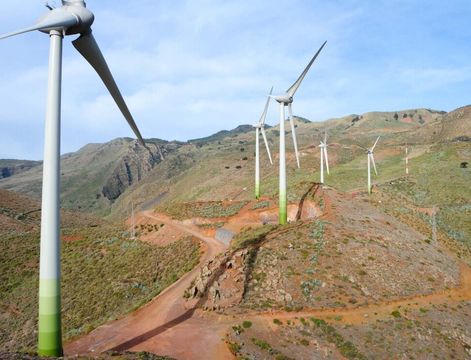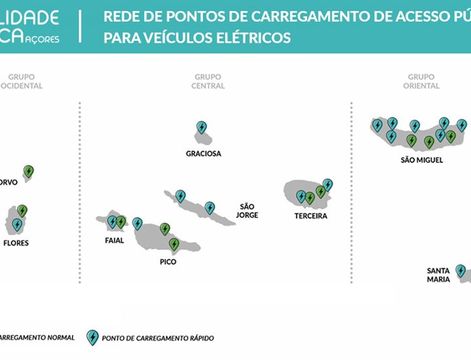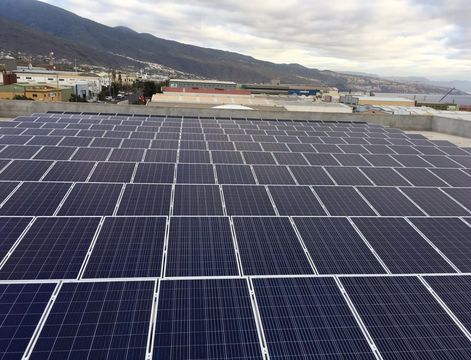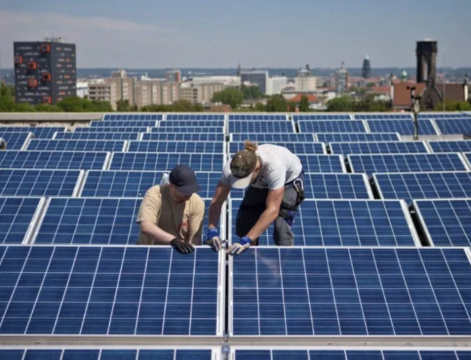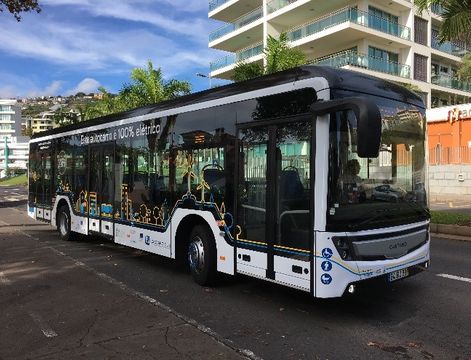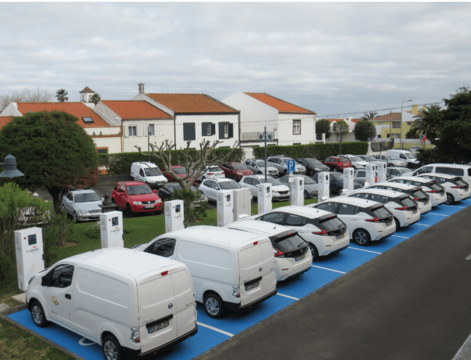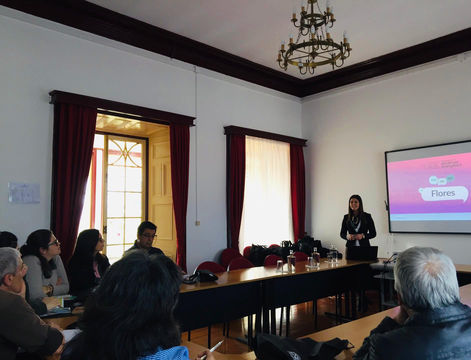The Azorean Director for Energy highlighted today the project ‘V2G Açores’ as an example of “the commitment on emerging technologies for electric mobility, that allow for an efficient use of the power grid, a major milestone for the Azores archipelago towards a more efficient, intelligent and sustainable energy system”.
“In the future, using the Vehicle-to-Grid technology (V2G), electric vehicles will also become decentralised batteries, working as a vehicle and as a battery, providing ancillary services to the grid”, said Andreia Carreiro.
Within this context, she also referred that “ the goal is to store energy in the vehicle’s batteries when there is an excessive offer of renewable power and reinject it whenever the grid needs it back, with the owner of the vehicle getting its due remuneration for that service. Through this technology, we intend to provide a higher stability to the power grid, allowing for a better balance between offer and demand, while making the final user an active player”.
The Azorean Director for Energy spoke, in Lisbon, during a meeting of the V2G Açores project, namely Galp, Nissan, EDA, Nuvve and MagnumCap, as well as several stakeholders such as the Azorean Directorate for Energy, the Portuguese Directorate for Energy and Geology and ERSE, the Portuguese regulator for energy.
V2G Açores is a pioneering project in Portugal and worldwide, that will start soon with the use of 10 especially designed vehicles and charging stations, that have already been installed in São Miguel island.
“This is a clear option towards disruptive solutions which, as defined in the Azorean Plan for Electric Mobility, will allow the creation of an intelligent electricity ecosystem. This ecosystem will provide a more efficient use of our grids, a very relevant topic within our archipelagic nature of 9 isolated micro grids, optimising the use of renewable power sources that are typically intermittent”, emphasized Andreia Carreiro. “During the off-peak hours, usually during the night, there is a higher potential for using renewable energy sources, especially wind, which is today being curtailed due to lack of demand”, mentioning, however, that “on peak periods, where there is a surge in consumption, important challenges in managing the power grid may arise”


